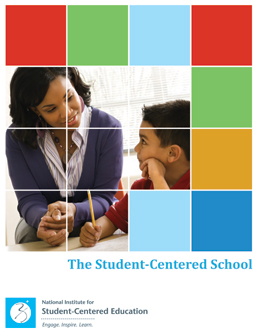___________________________________________________________________________________
Brooklyn Castle highlights the personal lives of five members of an after-school chess team program in inner-city Brooklyn, NY. Why should this movie matter or why is it important for educators and parents here in Massachusetts to see it?
 and recover, to be motivated and driven to discover not only their own learning styles, but also answers to questions that may not have been asked yet. Too often, our kids are learning that there is only one right answer, and it’s already predetermined. Out-of-school time environments offer tremendous flexibility to embrace many different learning styles and directions. “Brooklyn Castle” is a fantastic way in to these conversations, through the lens of one complicated, ancient game.
and recover, to be motivated and driven to discover not only their own learning styles, but also answers to questions that may not have been asked yet. Too often, our kids are learning that there is only one right answer, and it’s already predetermined. Out-of-school time environments offer tremendous flexibility to embrace many different learning styles and directions. “Brooklyn Castle” is a fantastic way in to these conversations, through the lens of one complicated, ancient game.Funding is a constant issue in sustaining out-of-school and after-school programs. What are other challenges facing schools or organizations that are trying to support out-of-school or after-school programs?
Funding is certainly one hurdle. Another is having clarity of vision and balancing the many roles after-school programs can play in young people’s lives. In the OST realm, we are often up against this idea that we are just babysitting kids and helping them complete their homework while their parents are working. Yet the reality is that the freedom of possibility for growth and learning outside of school can have tremendous impact on children and families. In high quality after-school programs, children find a second home, with a higher staff-student ratio, and a diverse learning environment. Children develop socially and emotionally in ways the school day can struggle to support. For children who are less successful in school, the out-of-school time setting can provide them with meaning, possibility, achievement, recognition and the kind of positive risk-taking and decision-making that will give them a solid foundation for whatever they pursue as they grow up. Stories like “Brooklyn Castle” help define the value of after-school programs, and these stories connect to parents, funders and anyone who cares about the development of the whole child.
What are the top three suggestions you might have for someone who wants to create or implement a successful out-of-school or after school program?
To begin with, know your own passion. Have a vision for your program that you stand behind and that will motivate others. Just as it is critical to have excellent teachers during the school day, the same is true for after-school Find a staff that is culturally connected to the students, excellent at what they do and willing to be in a continuous learning environment where everyone is encouraged to keep growing and learning. Secondly, put the kids at the center. That means building strong relationships with both youth and families, asking questions, being responsive. Finally, connect with others. Use the resources around you, find other programs doing what you want to do and learn from them. Then once you get going, share what you know to help build the field.
____________________________________________________________________________________
Thursday, March 27, 2014
6:30 p.m. – 9:00 p.m.
Regent Theatre
7 Medford Street, Arlington, MA

Leave a Reply
You must be logged in to post a comment.